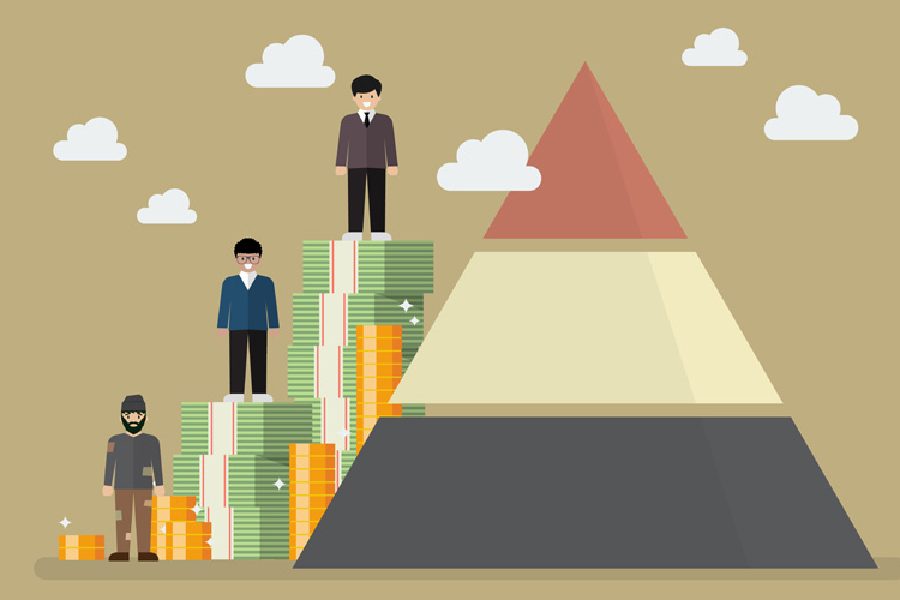Fortunes of the five richest men in the world have more than doubled since 2020 — from $405 billion to around $869 billion at $14 million per hour — and the world could have its first-ever trillionaire in just a decade.
In contrast, it would take more than two centuries (229 years) to ensure the number of people living below the World Bank poverty line of $6.85 per day was reduced to zero, rights group Oxfam said on Monday, while releasing its annual inequality report coinciding with the first day of the WEF in Davos, Switzerland.
According to Forbes’s real-time global billionaires list, the top five are Elon Musk (Tesla, Space X), Bernard Arnoult & family (LVMH), Jeff Bezos (Amazon), Larry Ellison (Oracle) and Mark Zuckerberg (Meta).
The report further said that within the 50 biggest public corporations in the world, billionaires are either principal shareholders or CEOs in 34 per cent of the cases. Moreover, seven out of 10 of the world’s biggest corporations have either a billionaire CEO or a billionaire as their principal shareholder.
The report also claimed four ways in which corporate powers are fuelling inequality — rewarding the wealthy and not the workers, dodging taxes, privatising public services and driving climate breakdown.
“We’re witnessing the beginnings of a decade of division, with billions of people shouldering the economic shockwaves of pandemic, inflation and war, while billionaires’ fortunes boom. This inequality is no accident; the billionaire class is ensuring corporations deliver more wealth to them at the expense of everyone else,” said Oxfam International interim executive director Amitabh Behar.
Oxfam urged government intervention towards revitalising the state, expanding the taxes on the super-rich and windfall gains of corporates, capping CEO pay and promoting private companies that are owned and governed in the interest of workers.
“Public power can reign in runaway corporate power and inequality — shaping the market to be fairer and free from billionaire control. Governments must intervene to break up monopolies, empower workers, tax these massive corporate profits and crucially, invest in a new era of public goods and services,” said Behar.











